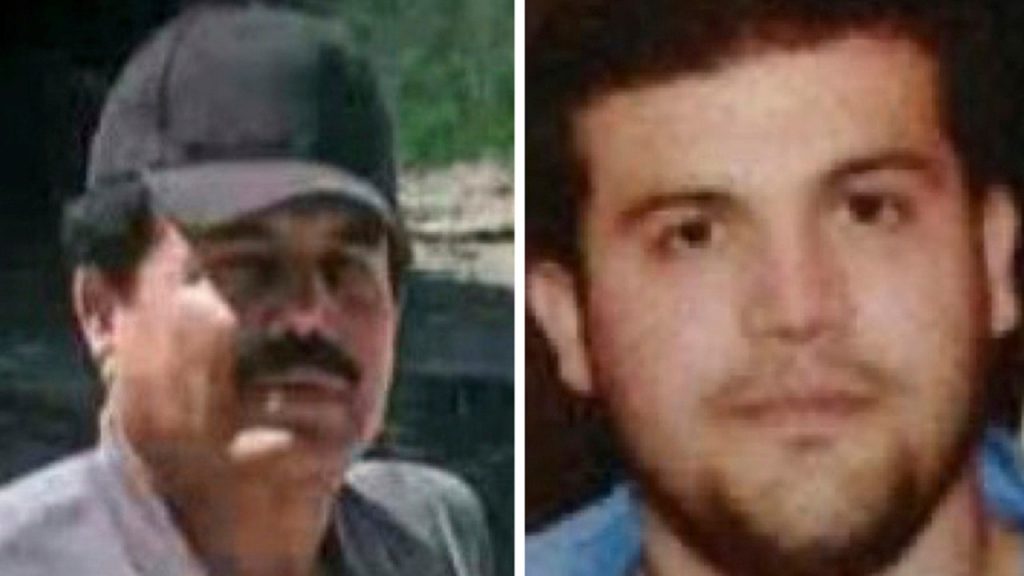Mexican authorities are considering pressing charges against those who handed over Ismael “El Mayo” Zambada Garcia, the co-founder of the Sinaloa Cartel, to the U.S. last month. Zambada Garcia was apprehended in El Paso, Texas, alongside Joaquín Guzmán López, the son of the other cartel co-founder, Joaquin “El Chapo” Guzman. Mexican prosecutors are considering filing charges of treason against Guzmán López and others involved in the abduction. This response comes despite Zambada Garcia being responsible for leading a cartel that has perpetuated violence in Mexico for years.
The Mexican attorney general’s office has initiated a criminal investigation into the matter for various possible crimes including illegal flight, illicit use of airports, immigration and customs violations, kidnapping, and treason. The penal code in Mexico allows for prison sentences of up to 40 years for treason, which includes the illegal abduction of an individual in Mexico and handing them over to authorities in another country. President Andrés Manuel López Obrador has questioned the U.S. policy of detaining drug cartel leaders, questioning why they do not change this approach.
Zambada Garcia’s lawyer released a letter from his client in which he claimed to have been ambushed and kidnapped while under the impression he was going to meet with the governor of Sinaloa. Zambada Garcia alleged that he was forced into a private plane and taken to the U.S. against his will. He raised questions in his letter about the connections between Sinaloa politicians and drug traffickers. Meanwhile, the governor of Sinaloa has denied any links to criminals and stated that he was not in Sinaloa on the day of the abduction.
Zambada Garcia has been charged in multiple cases in the U.S., including a case involving fentanyl distribution. Prosecutors have described him as leading one of the most violent and powerful drug trafficking organizations globally. With Zambada Garcia now in custody, there are concerns that he may cooperate with U.S. authorities and potentially implicate other powerful figures in Mexico in cartel activities. The attorney general’s office has taken over the case from state prosecutors in Sinaloa.
The response from Mexican authorities to the capture of Zambada Garcia highlights the complexities of dealing with drug cartel leaders and their associates. The case involving his apprehension has raised questions about the involvement of politicians and the use of international borders for criminal activities. The legal implications of this event, including the possibility of charges of treason, demonstrate the ongoing challenges faced by both Mexico and the U.S. in tackling drug trafficking and organized crime. As the investigation into this incident continues, it is likely to shed further light on the intricate relationships between criminals, politicians, and law enforcement agencies in the region.


